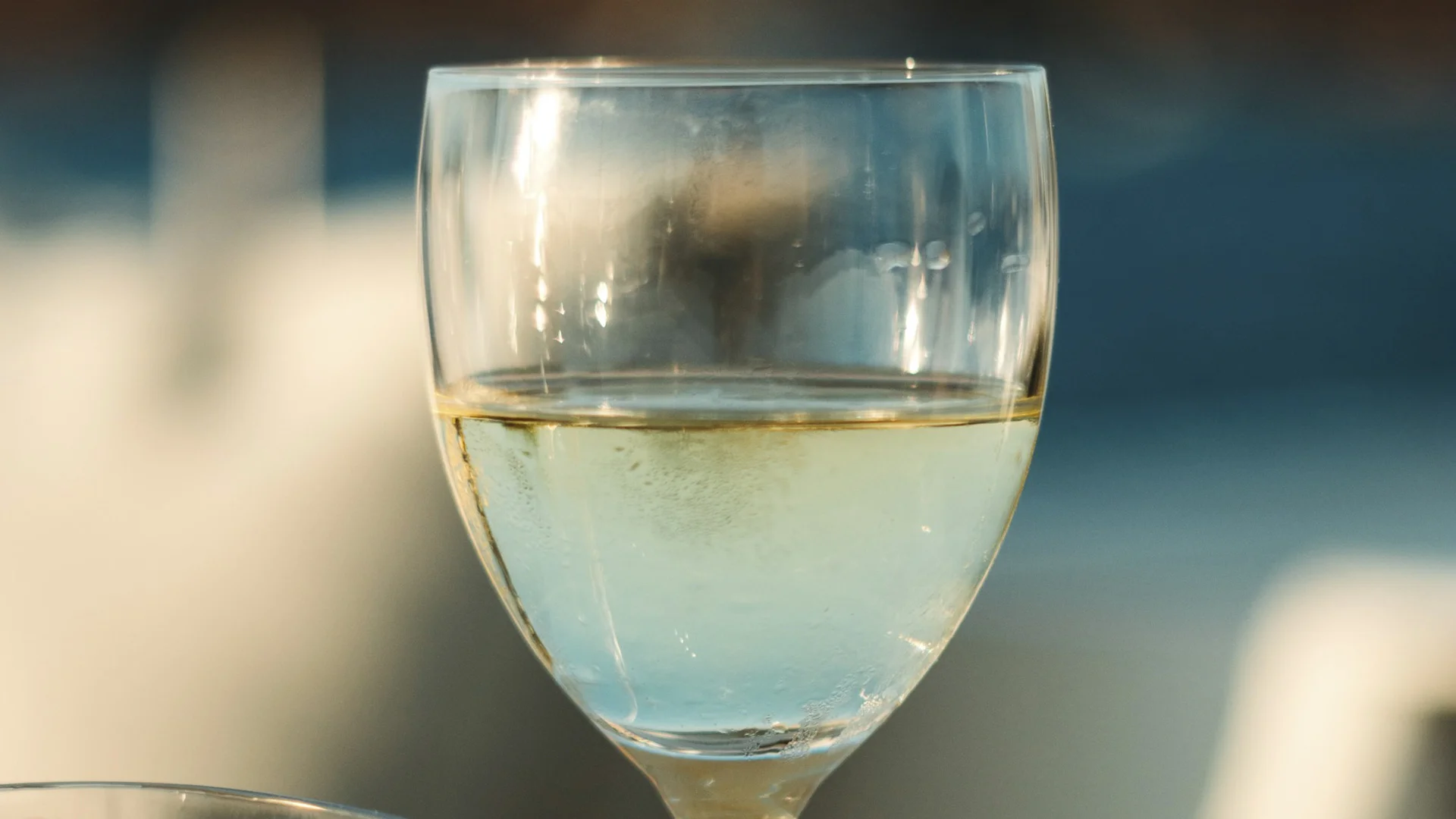
Imagine if Riesling and a robust red grape variety had a love child in the German countryside. That offspring would be Kerner – a white wine that's been playing the long game since 1929, quietly building a cult following while most wine drinkers chase the usual suspects.
This isn't just another white wine. It's a masterclass in calculated innovation that makes most corporate product launches look like amateur hour.
What is Kerner Wine?
Kerner represents the wine world's most successful application of genetic engineering before the concept was widely understood and accepted. Created by August Herold in 1929 through crossing Trollinger (a red variety) with Riesling, this grape variety embodies the kind of strategic thinking that would make any MBA professor weep with joy. The result? A white wine that combines Riesling's aromatic intensity with the hardiness needed to thrive in challenging alpine conditions and northern climates.
Named after German poet Justinus Kerner – because apparently even wine needs better branding than most startups – this variety didn't hit the market until 1969, when it received varietal protection and was released for general cultivation. Talk about a 40-year product development cycle. Justinus Kerner, besides being a poet, was also a physician, adding a touch of intellectual heritage to the grape's identity.
But here's where it gets interesting: when Kerner reached its peak of popularity, around 1990, it was the third most planted variety in Germany. That's not luck. That's delivering value when it counts.
Fun Fact: Kerner is known as Schiava Grossa in Italy.
Winemaking Process of the Kerner Grape
Kerner's winemaking approach reads like a textbook on operational efficiency. Most winemakers ferment Kerner in stainless steel tanks to preserve its aromatic intensity. Think of it as the wine equivalent of keeping your best ideas in a clean, controlled environment where external influences can't corrupt them.
The fermentation process typically involves temperature-controlled vessels ranging from 12°C to 18°C, allowing the grape's natural acidity and fruit characteristics to shine through
Unlike many premium whites that demand oak aging, Kerner's strength lies in its purity. It's the rare product that doesn't need artificial enhancement to deliver premium results and showcase a tasty blend of flavours.
Thanks to its muscat tone, golden reflex, and fruity character, Kerner delivers complexity without pretension.
Aromas (nose):
Palate structure:
Finish:
Kerner pairs amazingly well with various dishes, enhancing your overall tasting experience.
Why it works:
Specific pairing recommendations:
Serving temperature:
Here's where the geography gets strategic. Germany remains the heavyweight champion with Kerner plantings across Pfalz, Rheinhessen, and Mosel regions. However, the real growth story is unfolding in Alto Adige, within the Italian Province of South Tyrol, where Kerner has discovered its ideal microclimate at elevations reaching 800 meters. Introduced into South Tyrol in the early 1970s, Kerner received DOC status in 1993, cementing its place as a premium variety in the region.
Current global plantings include:
The terroir requirements read like a masterclass in niche market positioning:
This isn't a grape that plays it safe in premium valley floor real estate – it thrives in challenging conditions that would break lesser varieties.
Storage strategy:
Optimal serving conditions:
Cellaring guidelines:
Kerner wines stand out for fresh aromas and flavors, resembling Riesling in some aspects. However, they have several differences that make them unique.
Key Insights:
Environmental responsibility:
Organic viticulture practices:
Climate change resilience:
Final Thoughts
Kerner represents everything the wine industry needs more of: authentic terroir expression, food-friendly versatility, and a genuine value proposition. This isn't a wine chasing trends or manufactured scarcity – it's a strategic response to market demands for aromatic whites that deliver complexity without pretension.
The Alto Adige expressions particularly demonstrate how traditional grape varieties can find new relevance through geographic diversification. While other regions chase the latest fashionable varieties, smart producers are building sustainable competitive advantages with proven genetics in optimal terroir.
For wine enthusiasts tired of overhyped, overpriced alternatives, Kerner offers authentic mountain character at reasonable prices. It's the anti-commodity play in a world of industrial wine production – exactly what discerning drinkers should be seeking in an increasingly homogenized market.
The future belongs to wines like Kerner: authentic, versatile, and genuinely distinctive. Everything else is just expensive marketing.
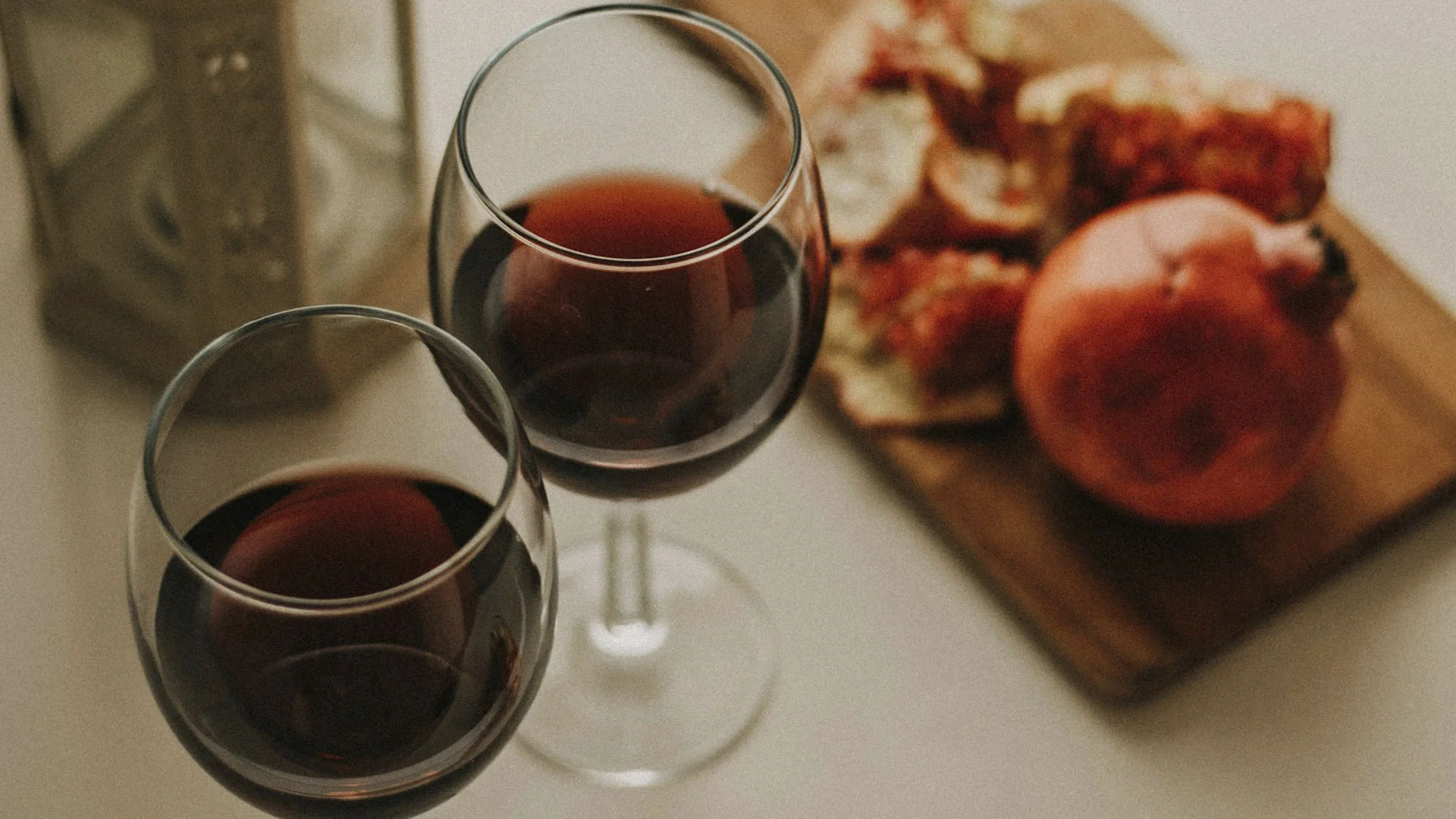



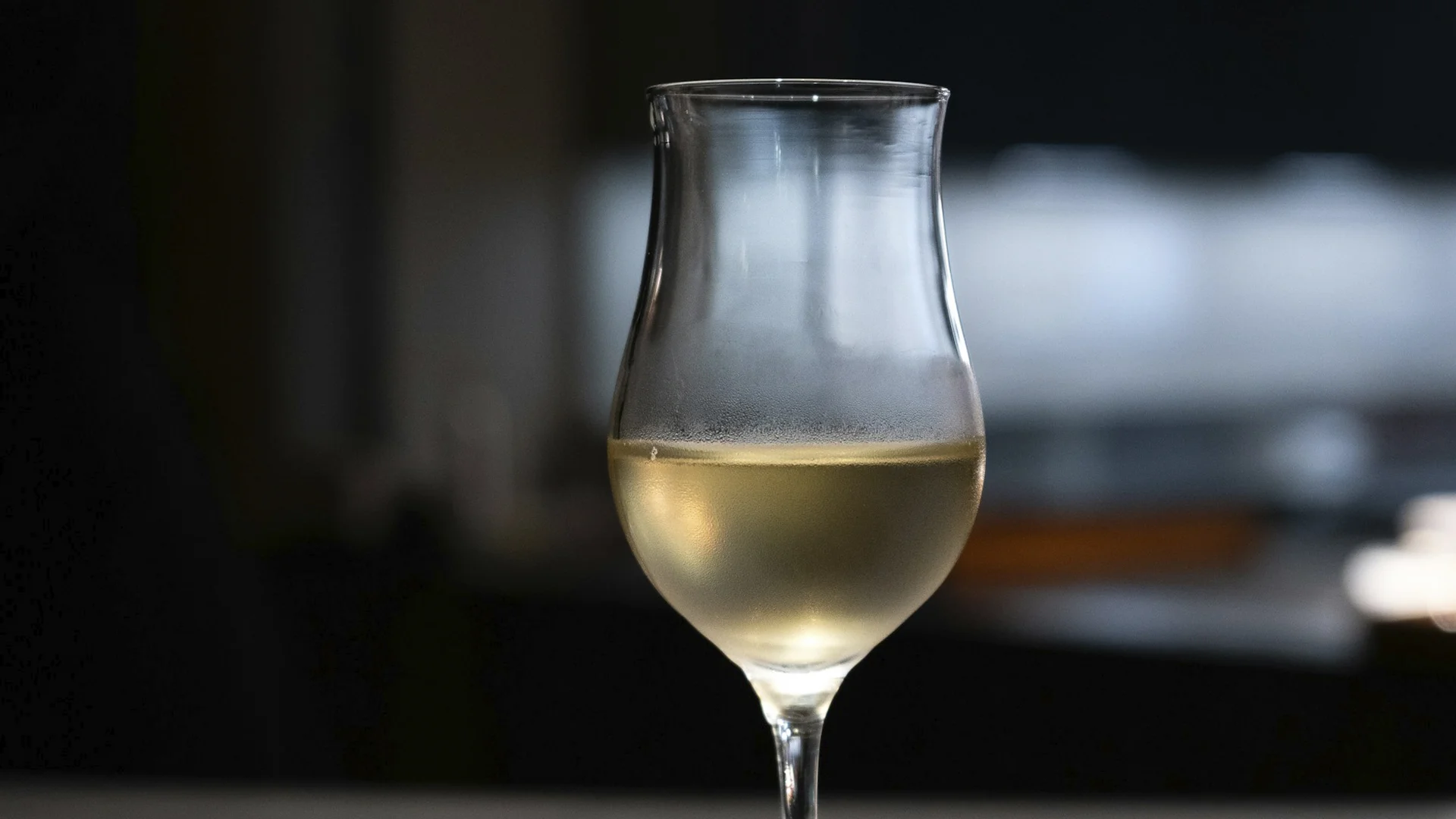

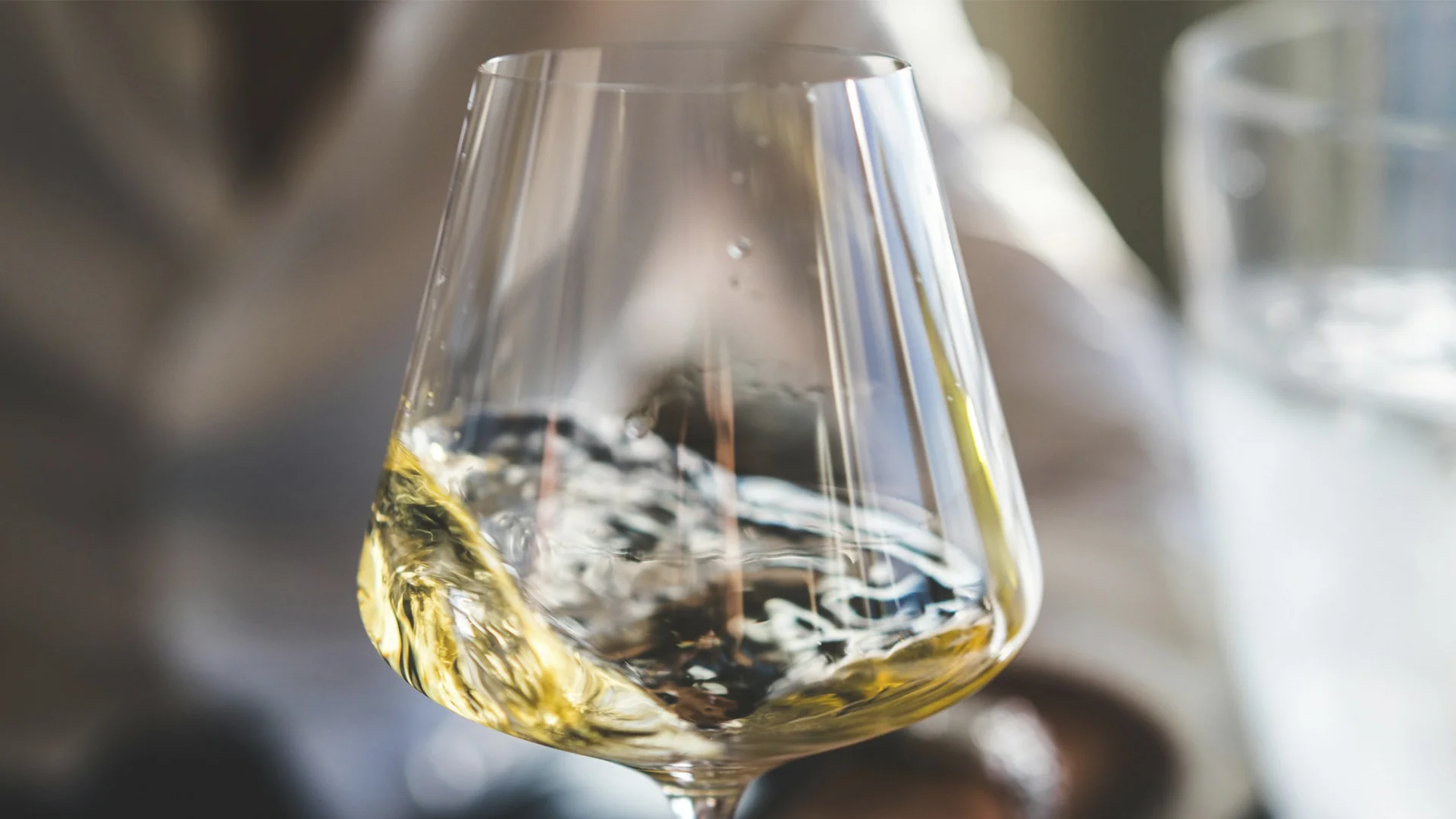
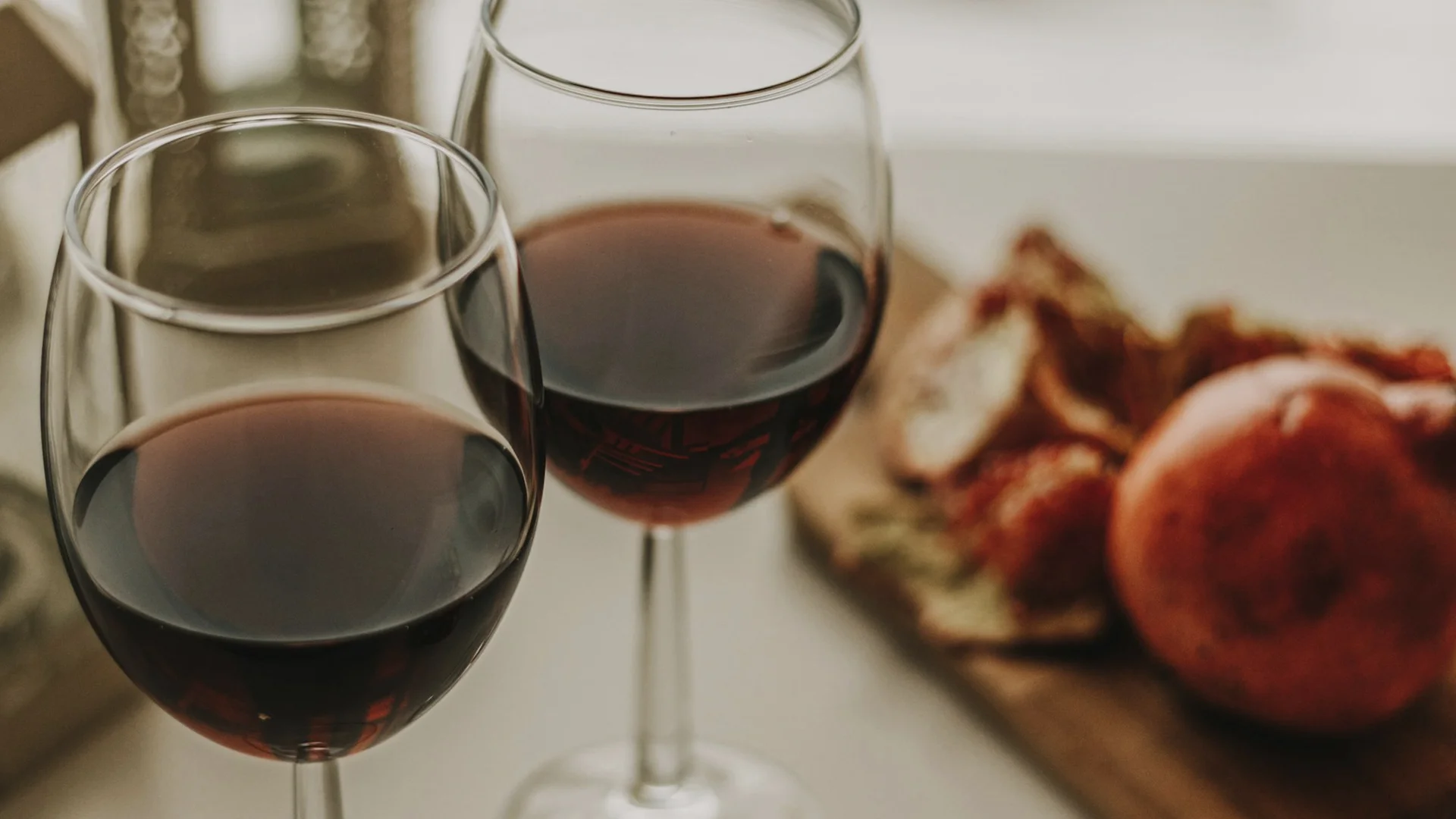

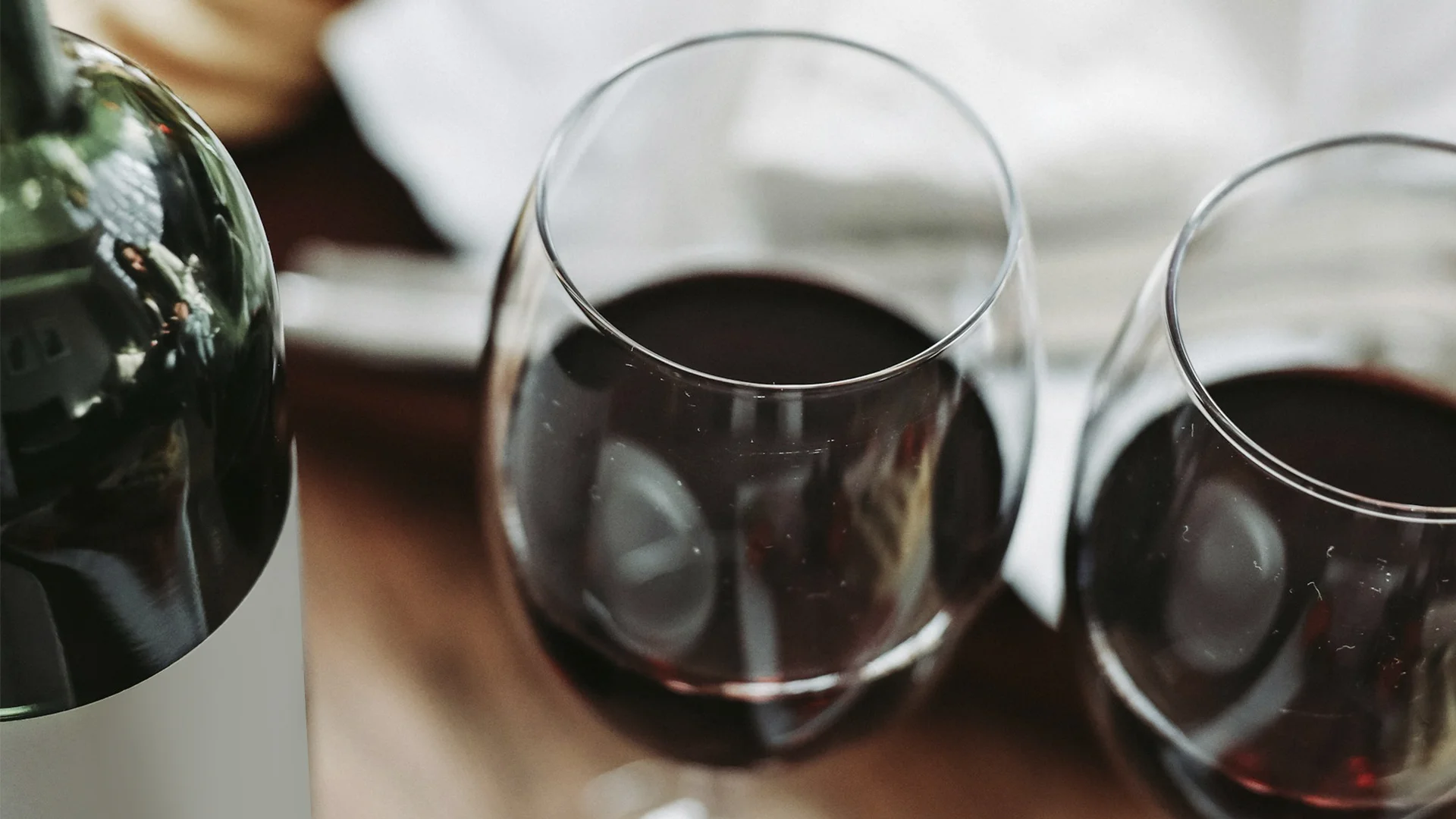
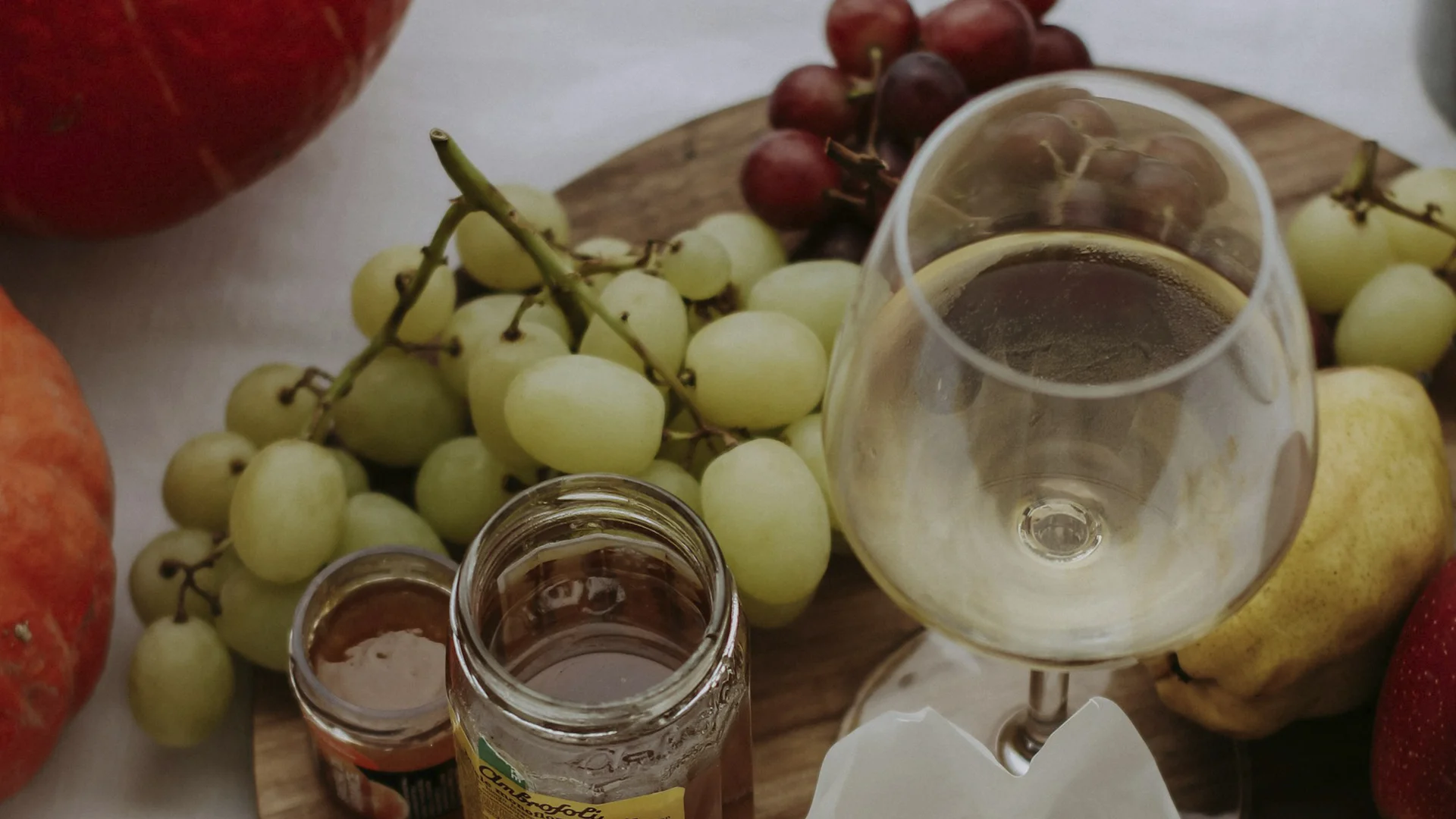



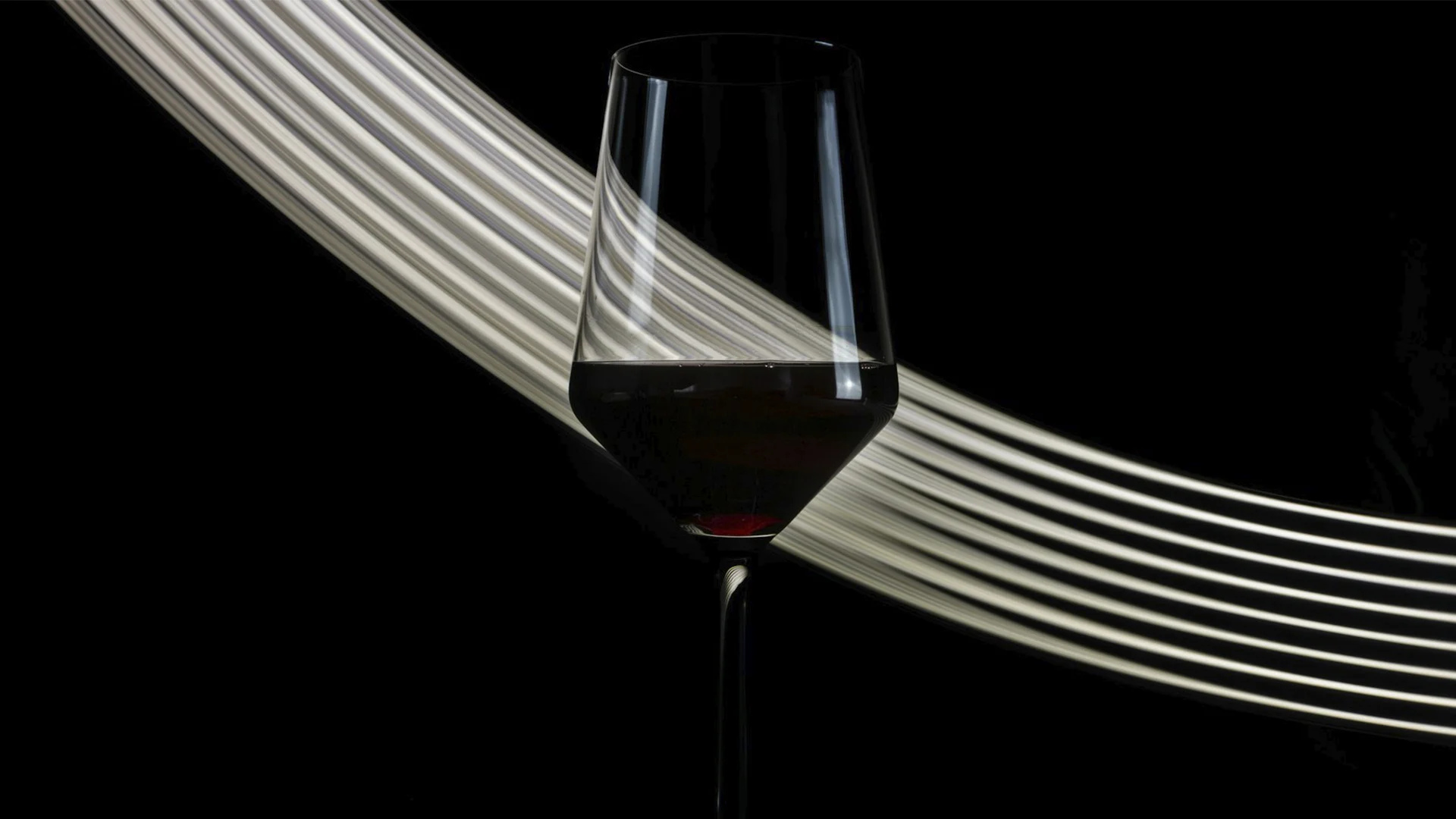



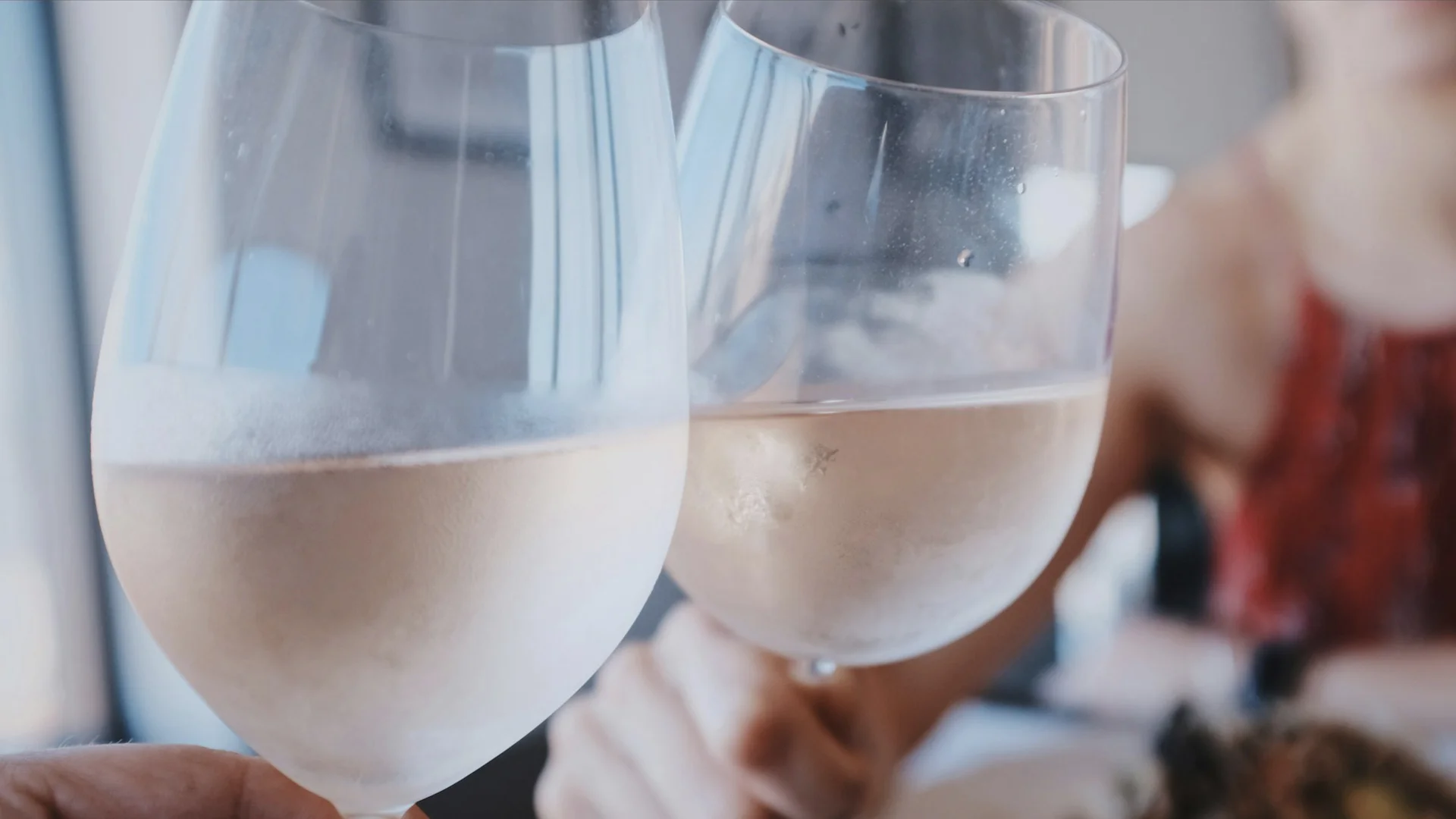




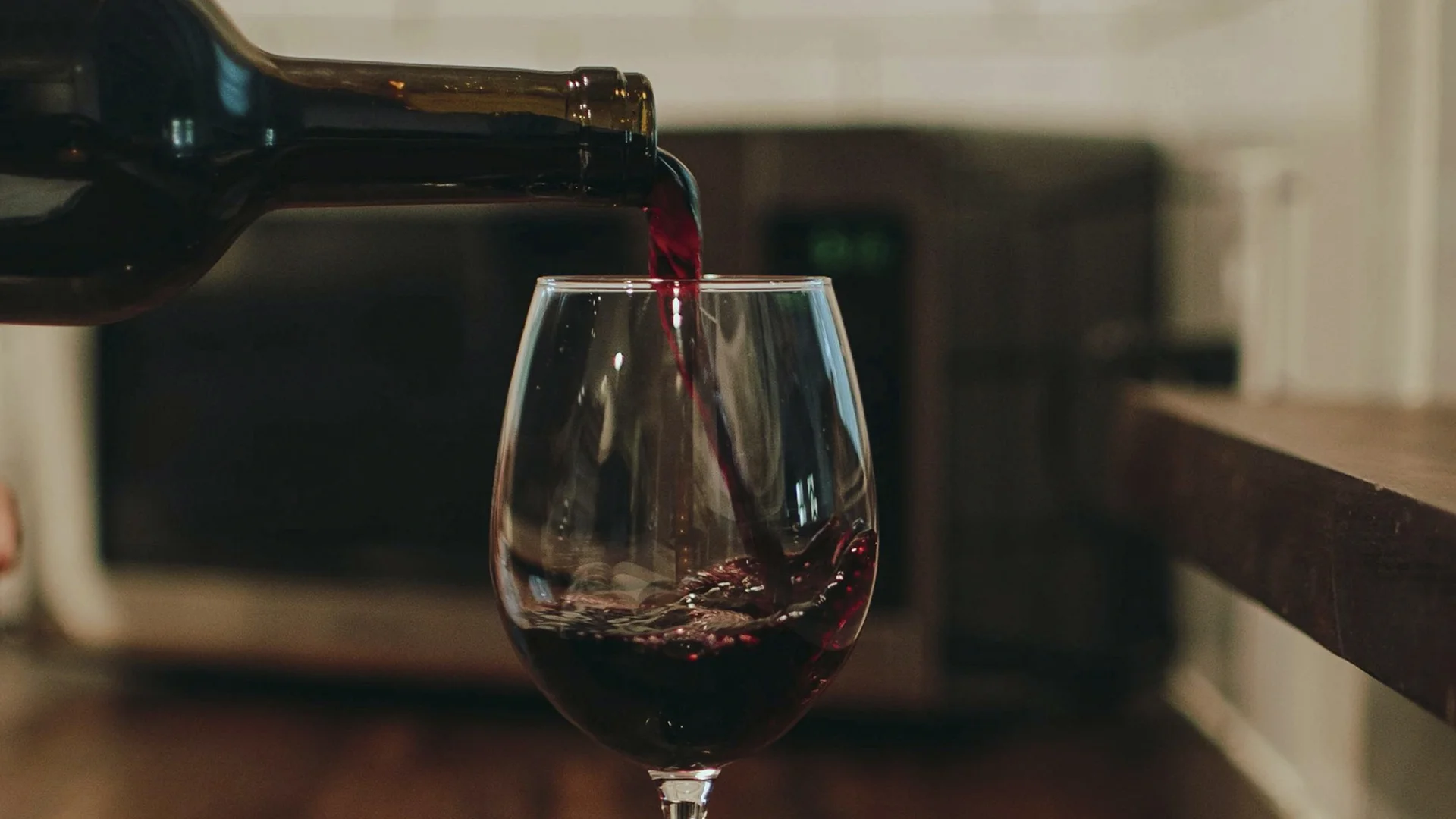
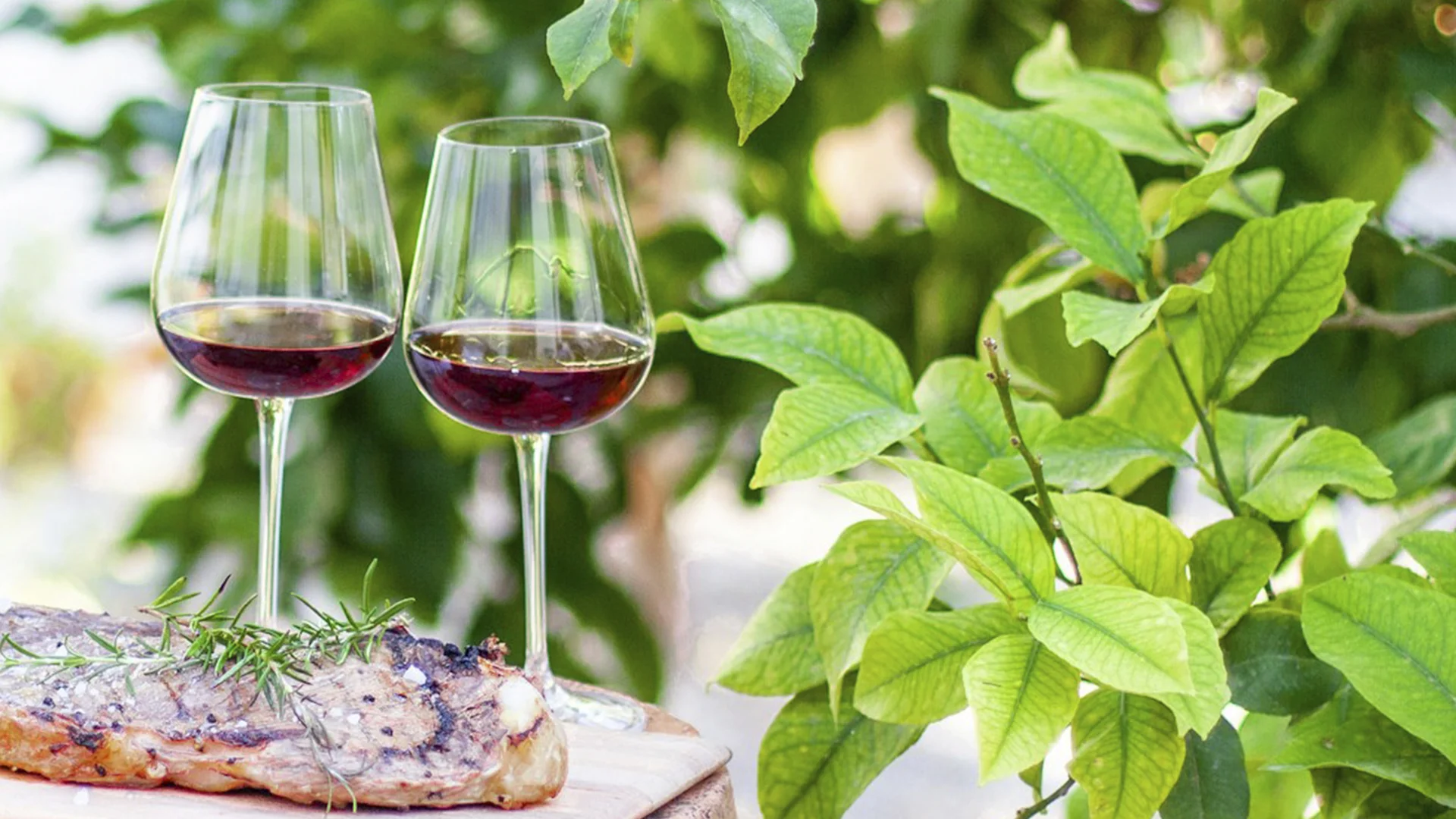

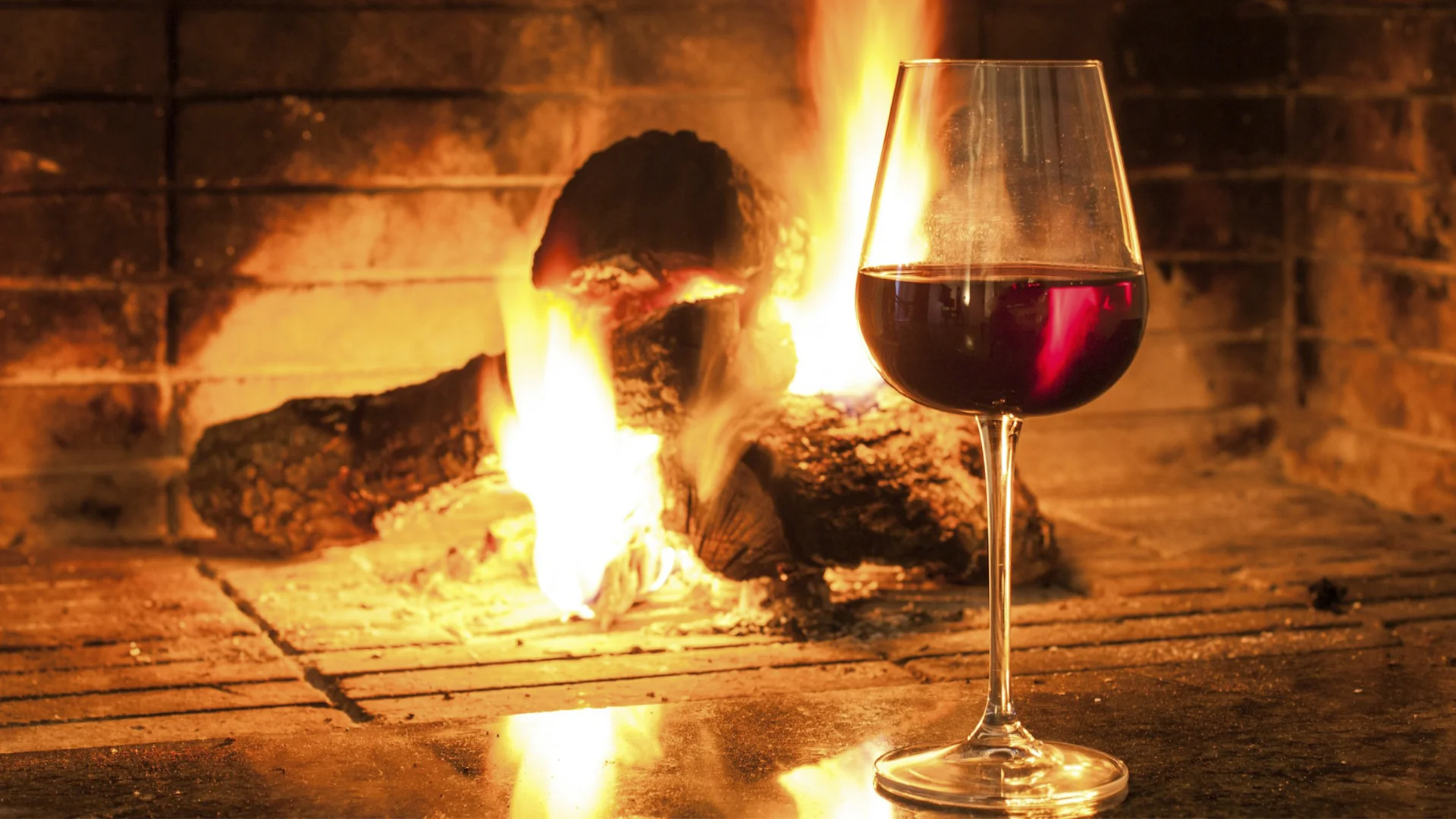


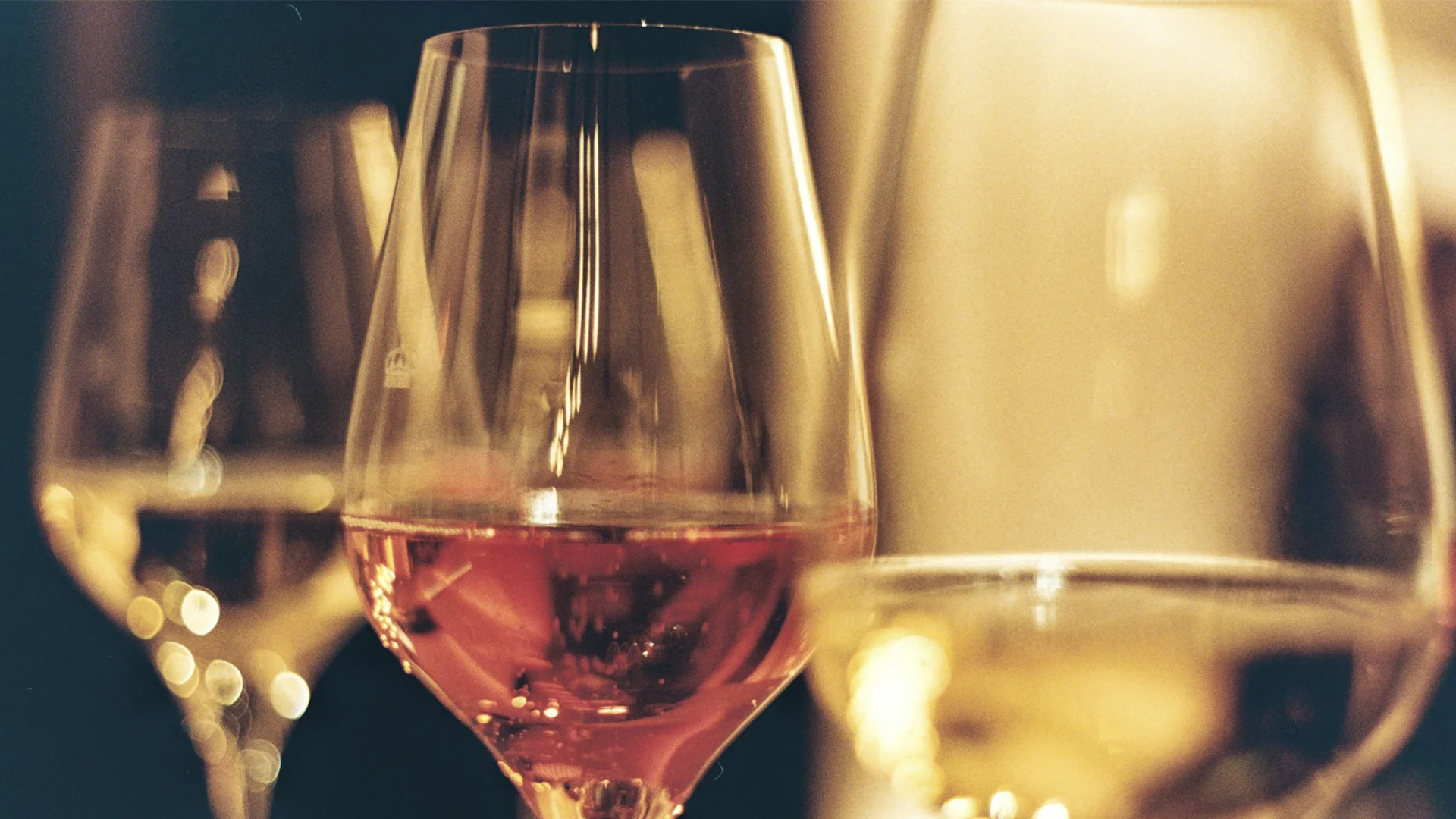
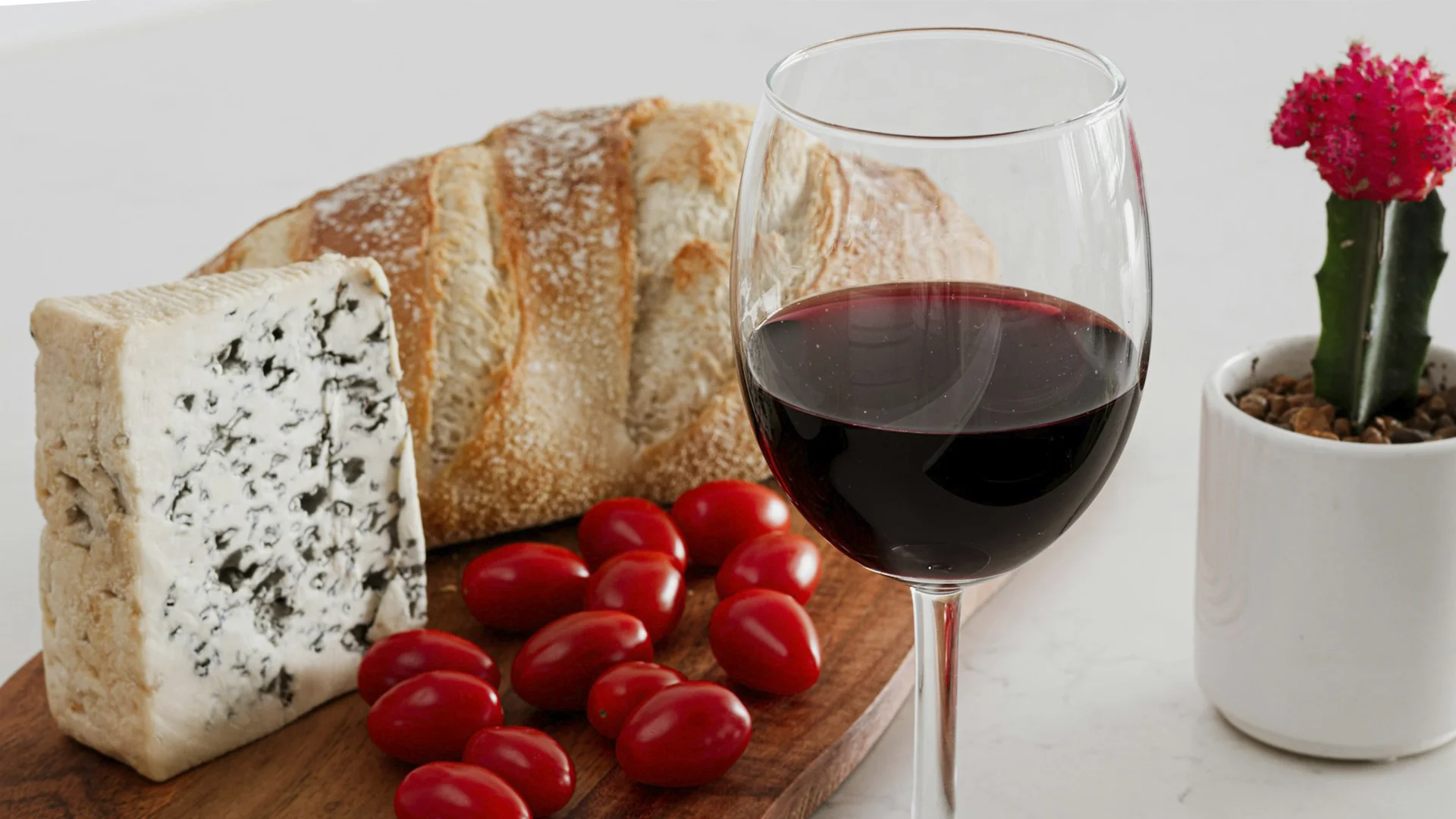

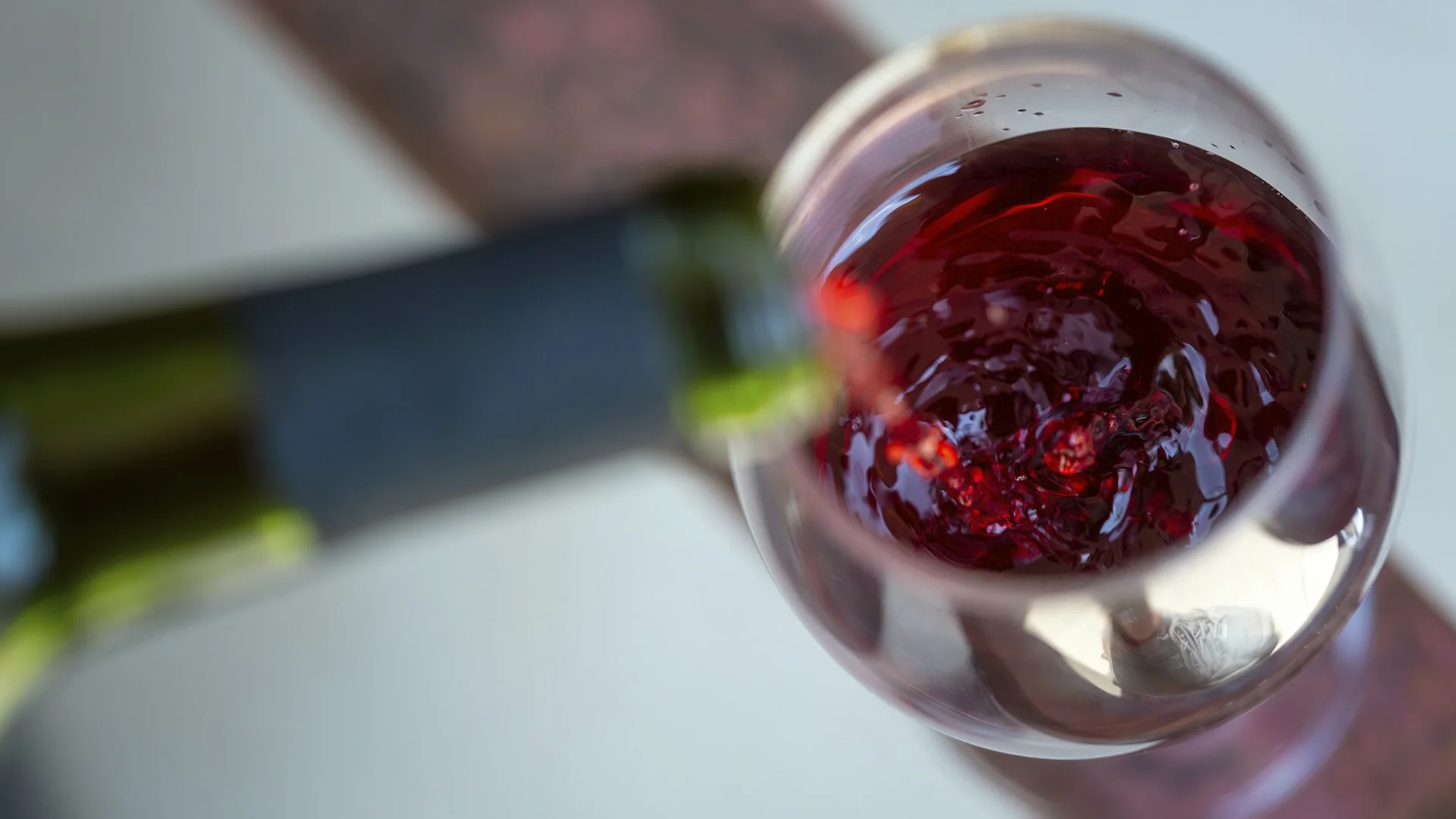


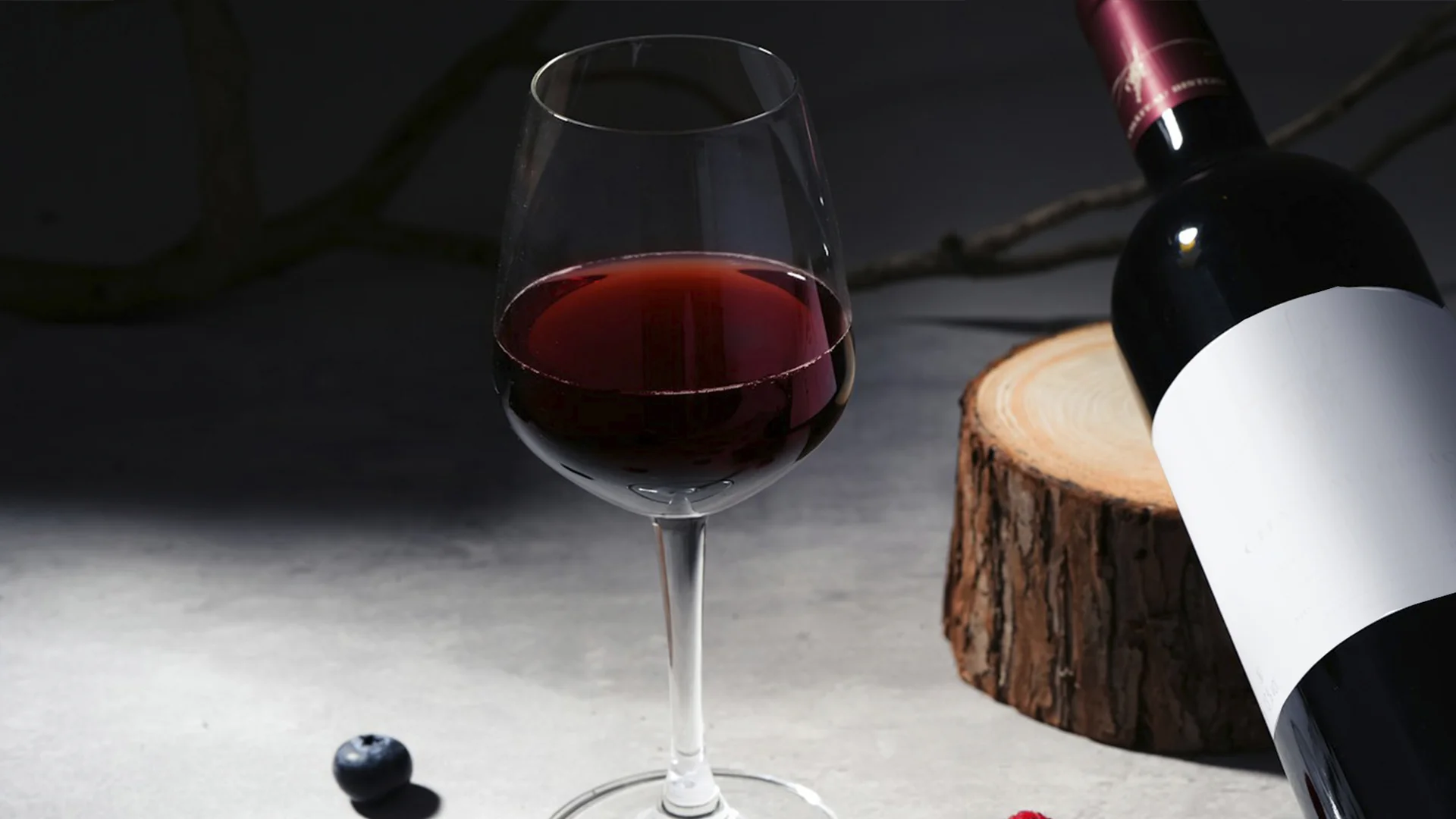
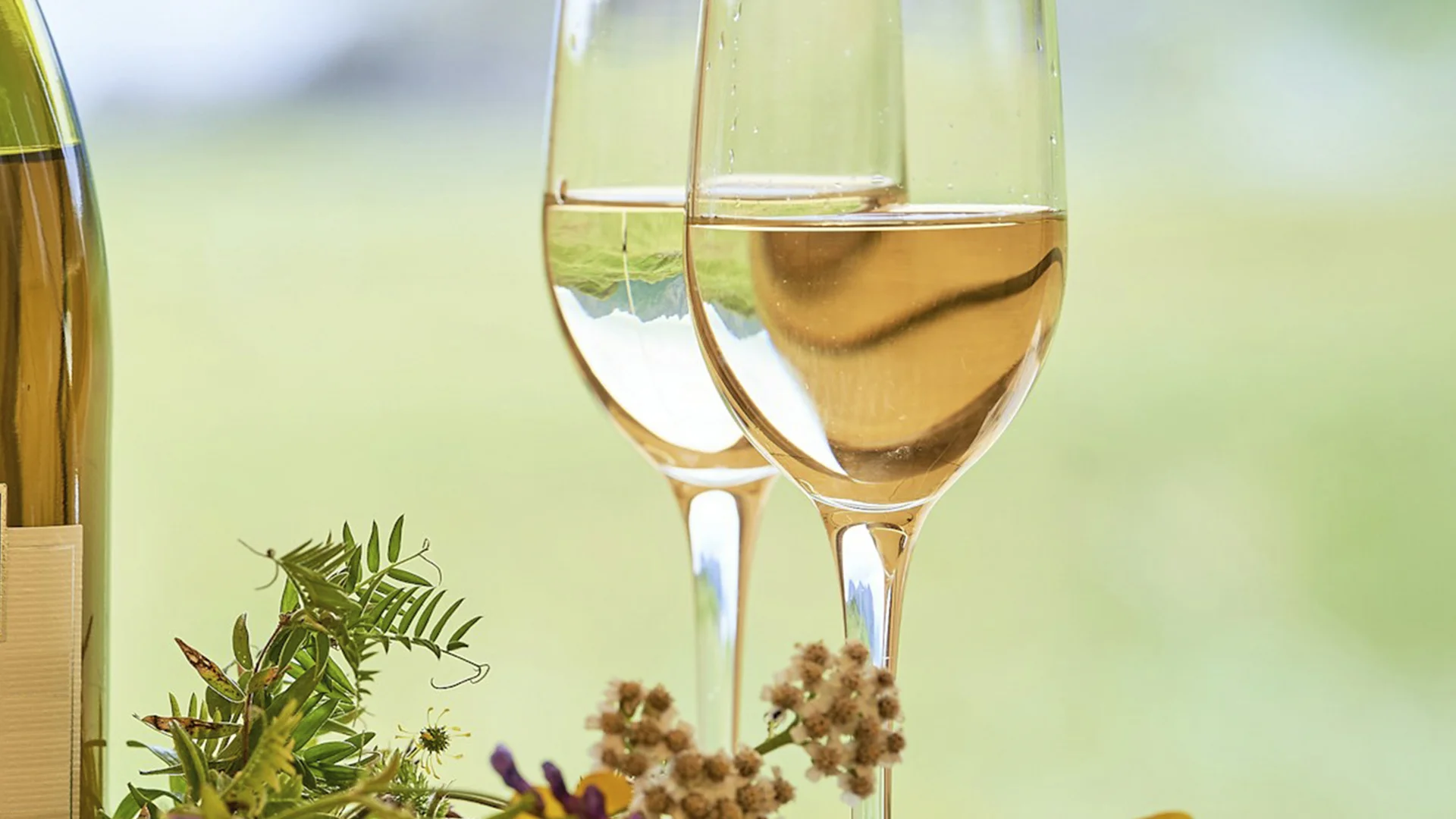
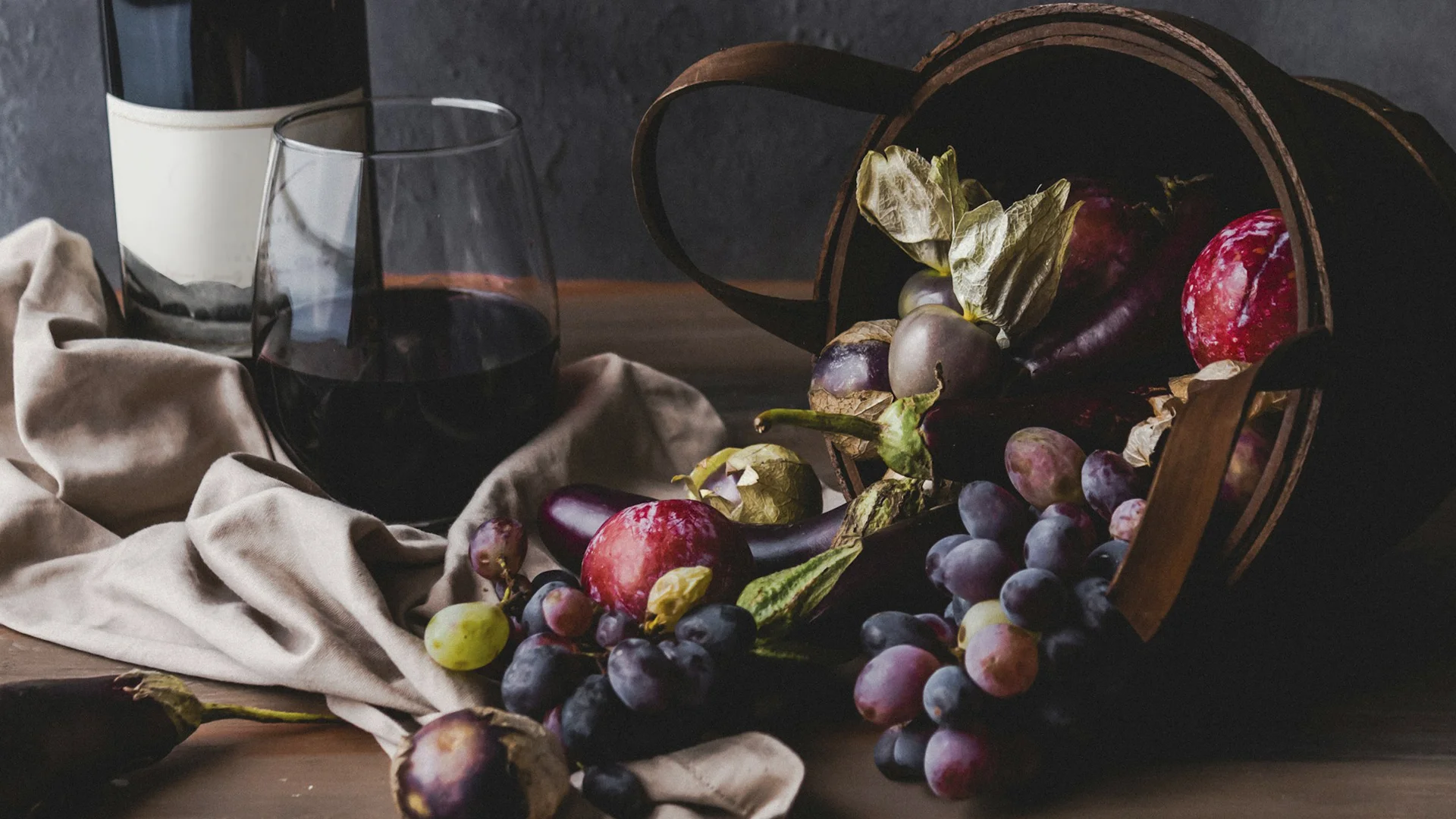
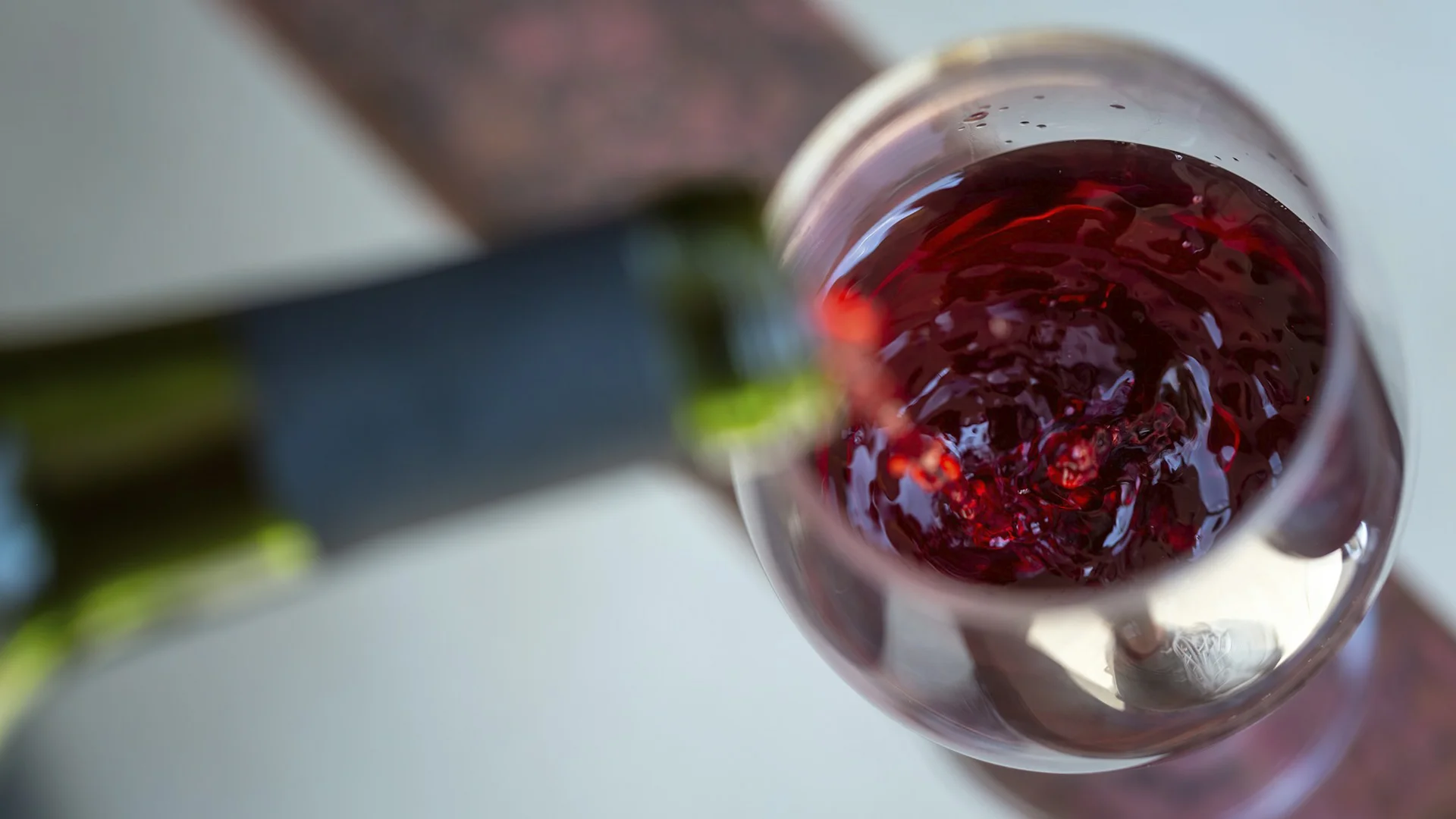
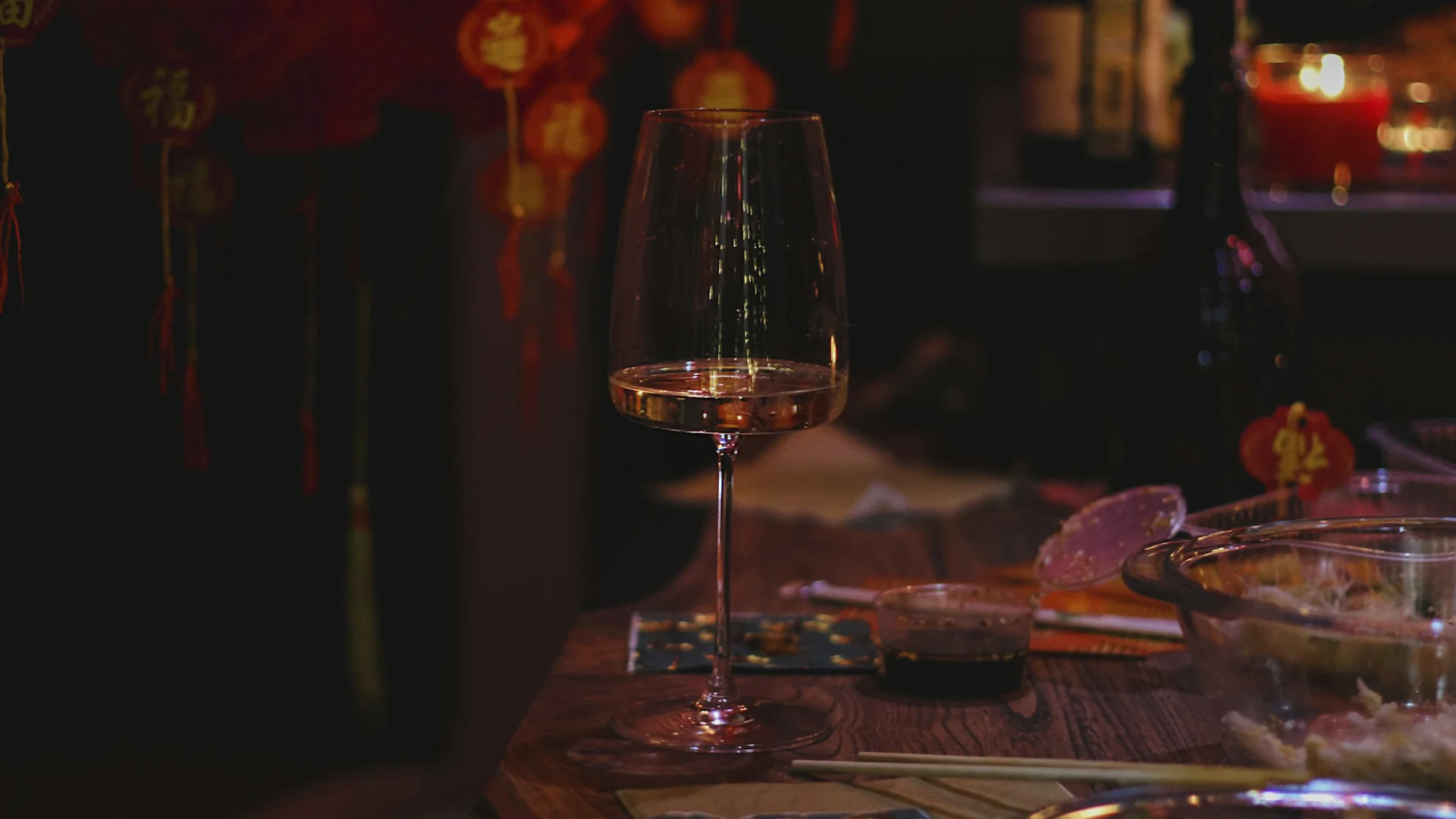






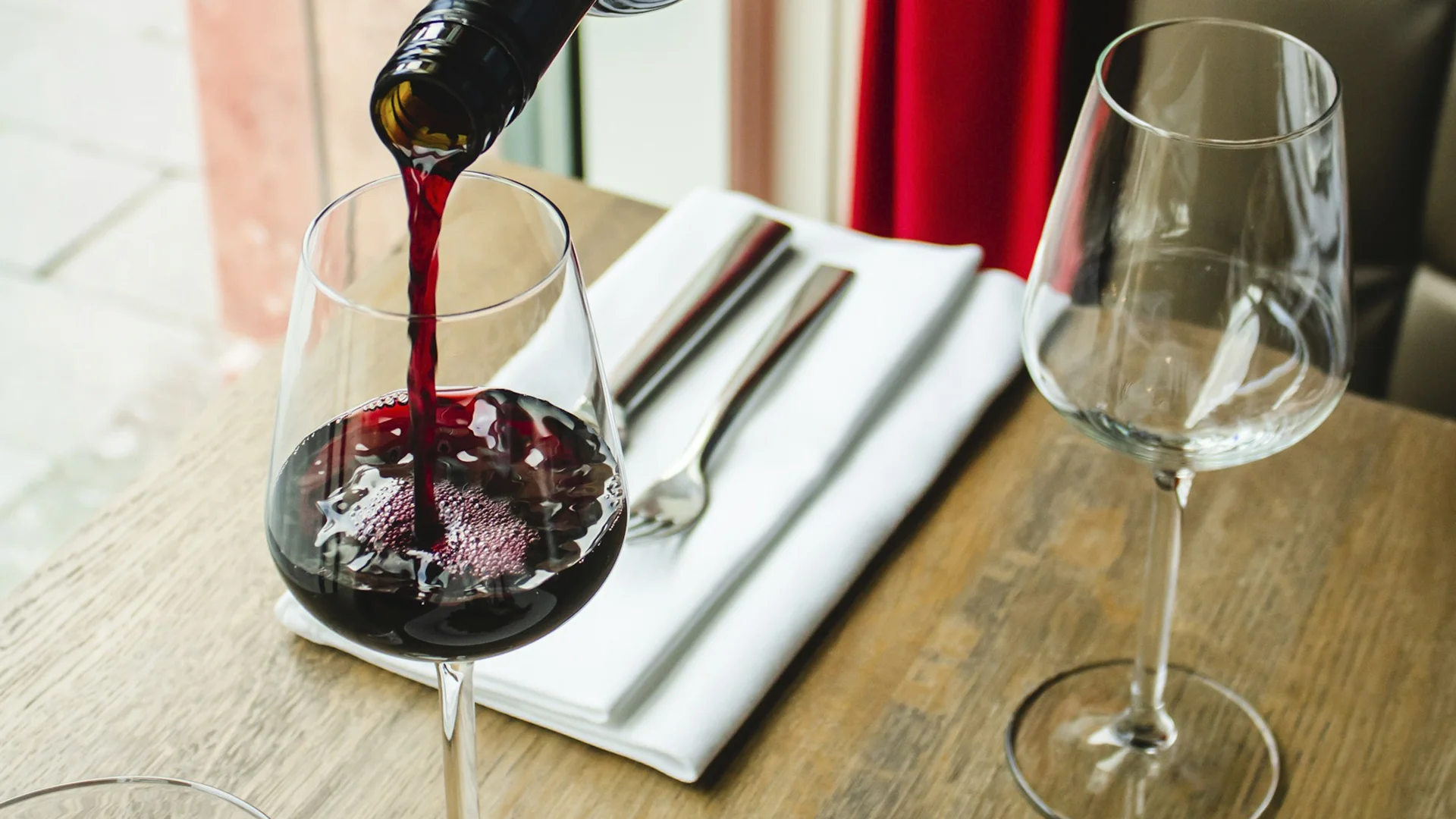












.webp)

.webp)
.webp)
.webp)



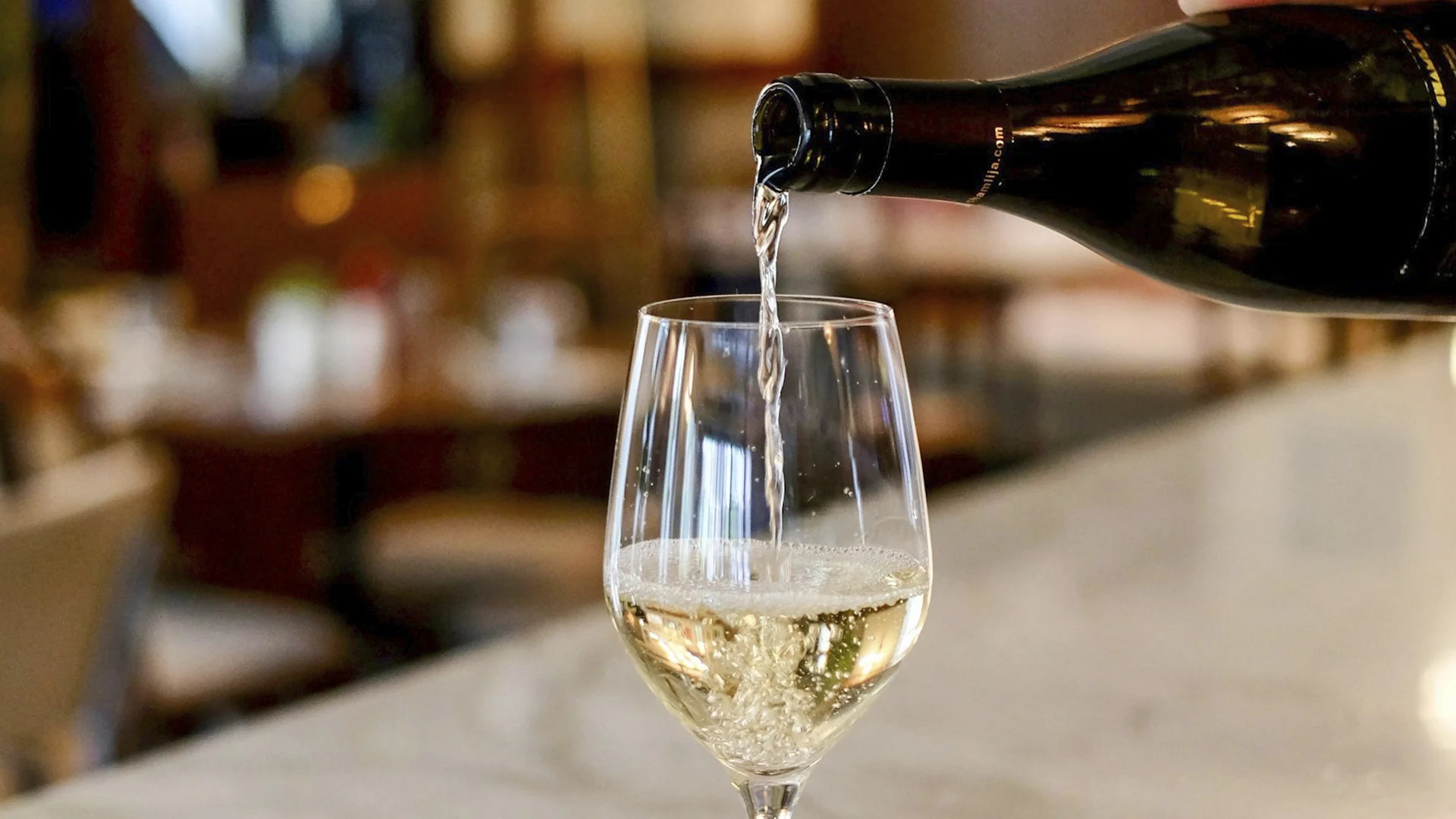


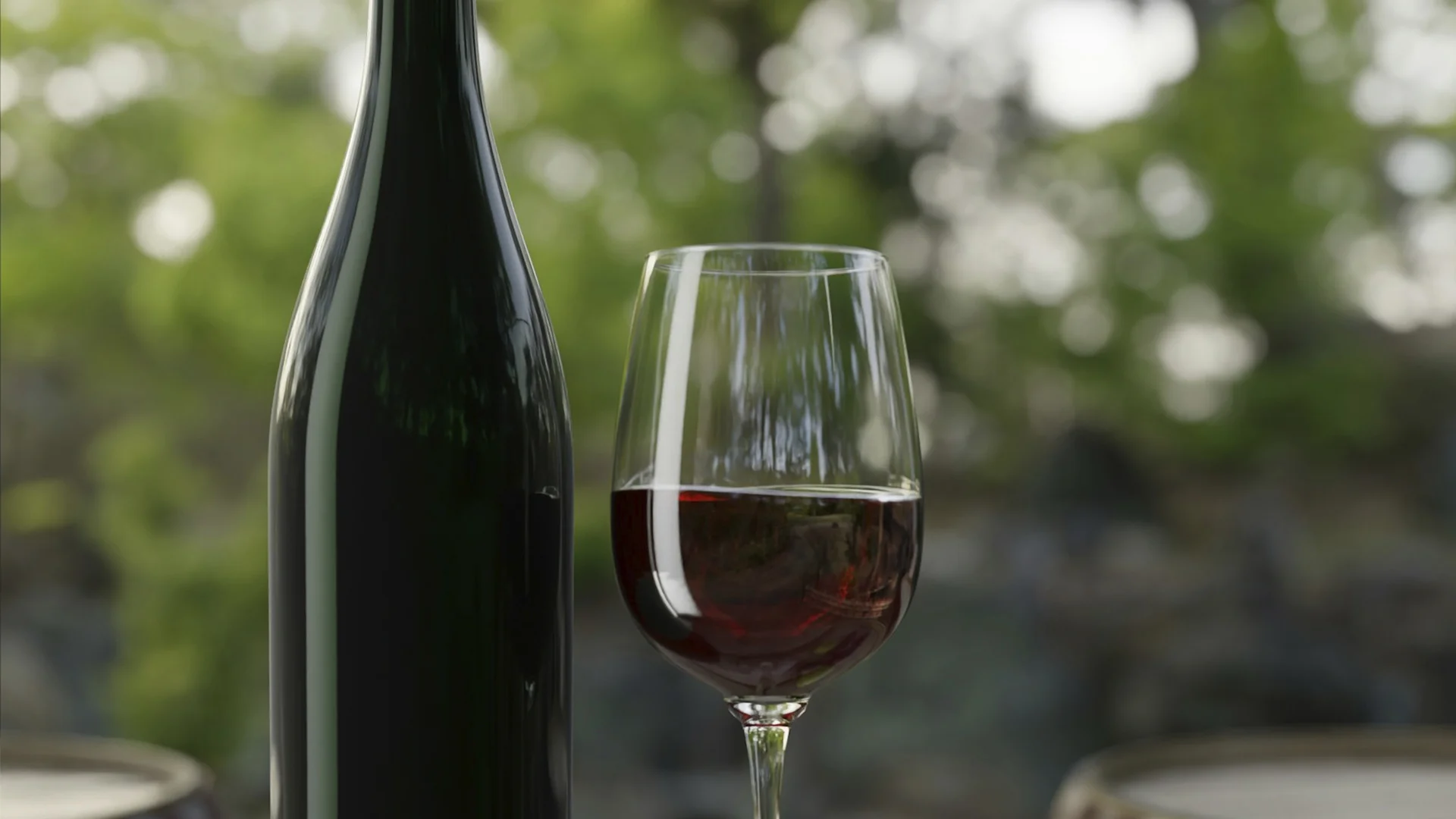



















.webp)










Are you interested in
collaborating with us?